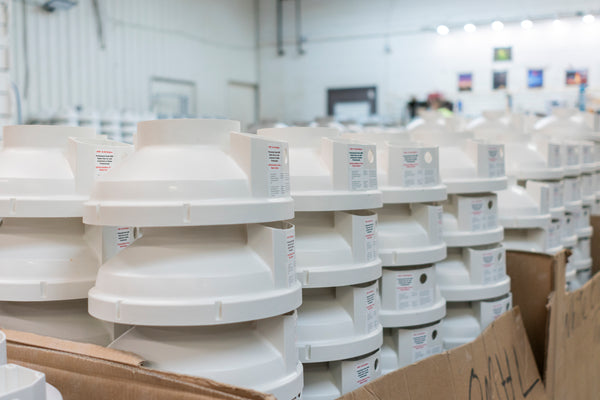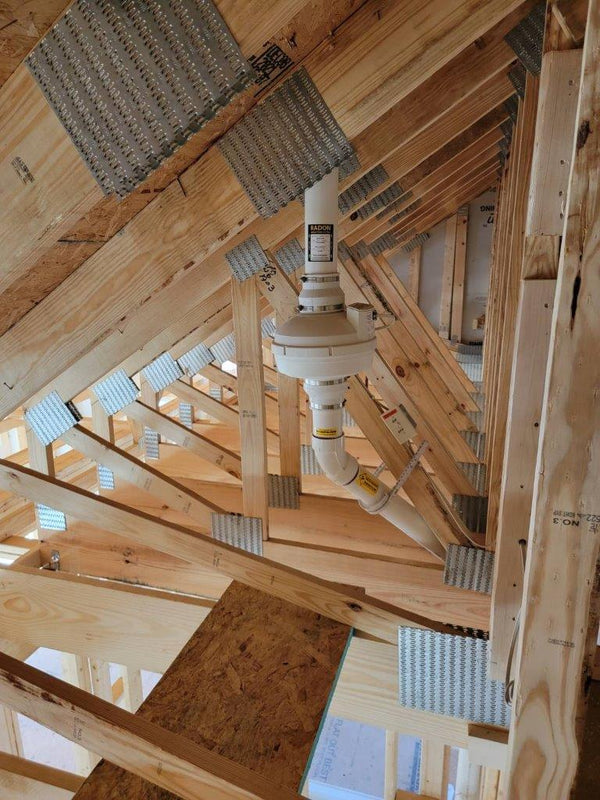
Can Radon Exposure Cause Neurological Problems?
Radon, a naturally occurring by-product of radioactive decay in the ground, poses serious health risks to people who are exposed to it over a long period of time. Lung cancer is the most well-known disease resulting from radon gas exposure, but researchers are finding that it may cause neurological problems as well. Advocate for your health by learning about the potential side effects of long-term radon exposure.
How Radon Works in the Body
When you inhale high levels of radon gas, the particles make their way into your system and begin to decay. As radon progeny particles break down in your body, they release tiny bursts of radioactive energy that damage your tissues. This is how lung cancer starts to develop after years of radon exposure; the radioactivity encourages mutated cell growth and destroys healthy tissue.
Radon in Your Bloodstream
Those decaying radon progeny particles don’t just lodge themselves in your lungs. They also linger in your bloodstream, especially if you are exposed to high radon levels over a period of years. Because the bloodstream is your body’s transportation system, radon can reach your bone marrow, your nervous system, and your brain.
Possible Neurological Effects
Healthcare researchers have been studying the effects of radon on human health for many years. While more research is needed to provide conclusive results, existing studies suggest a link between radon exposure and the development of dementia.
Other neurological diseases that may result from long-term radon exposure include:
- Alzheimer’s disease
- Parkinson’s disease
- Amyotrophic lateral sclerosis (ALS)
Existing scientific research points toward radon as a contributing factor to the development of these diseases. However, healthcare research experts continue to study these correlations to determine whether there is a direct causal link.
What Can You Do?
If you are concerned about radon exposure damaging your brain and your long-term health, take steps to mitigate radon levels in your home. An active mitigation system comprised of a vent pipe and a high-powered fan will force radon out of your home and make the structure safer to inhabit.
Do you spend a lot of time in your basement? Radon gas often seeps into homes through cracks in the foundation. Use a non-porous radon crack sealant to block potential entry points in the basement and combat the dangers of radon.
You may have heard that long-term radon exposure can cause lung cancer, but does it cause neurological problems as well? Current scientific research suggests that it does. Protect your household’s well-being by mitigating high radon levels in your home.





